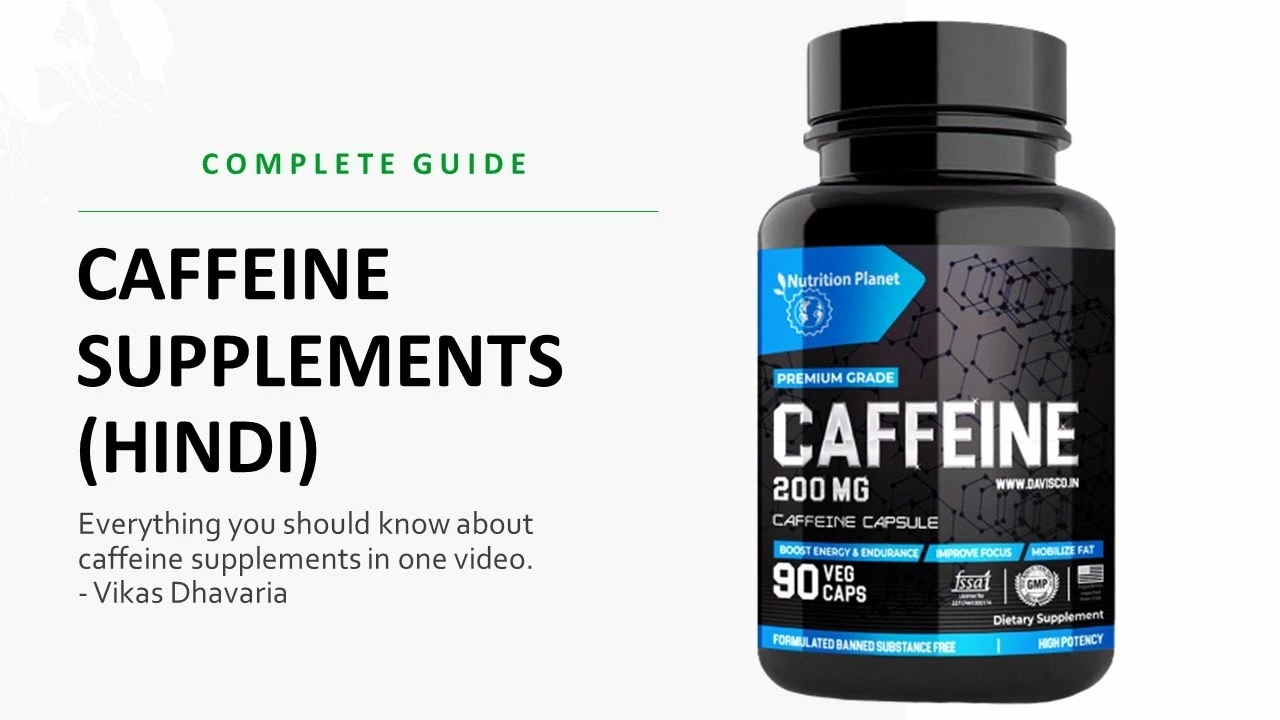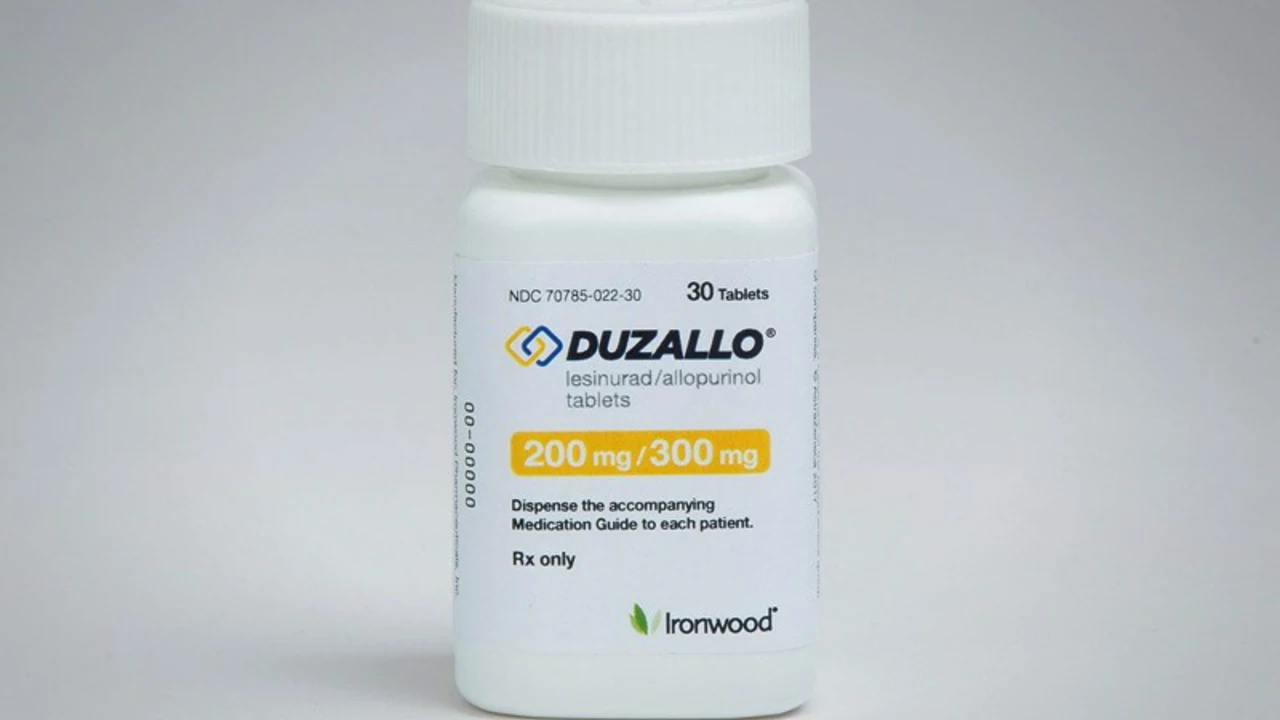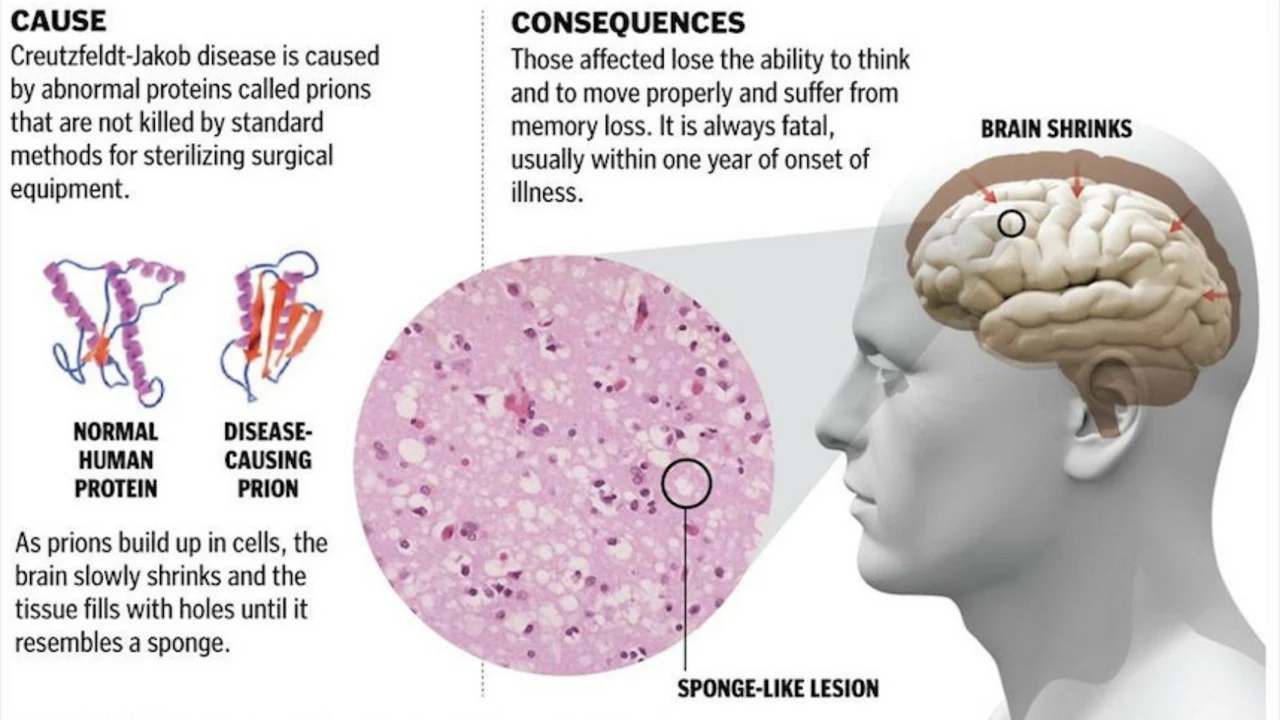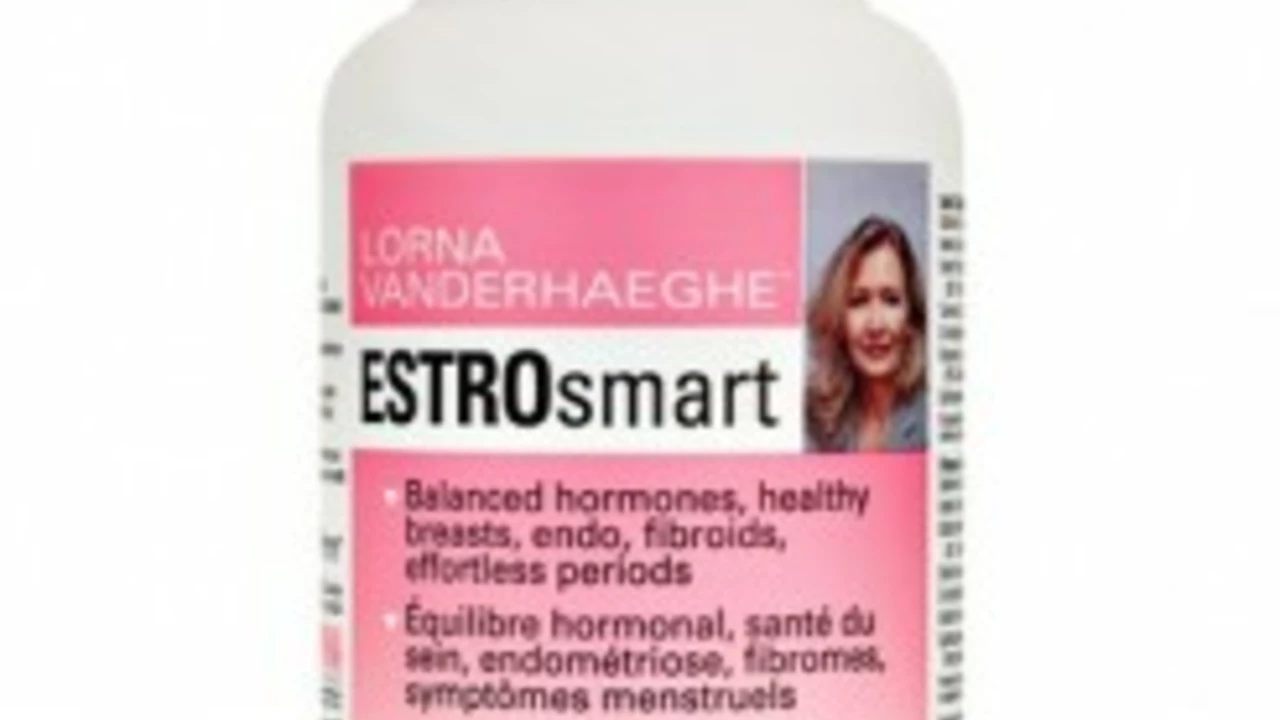July 2023: Quick Summary of NowRx Articles on Supplements, Meds and Care
This page collects short, practical summaries of posts published in July 2023. You’ll find clear takeaways on new supplements, prescription meds, and mental health support—what works, what to watch for, and when to check with a clinician.
Supplements and natural options
Diacylglycerol supplements got attention for helping with weight management and metabolic health. The posts note they can modestly boost fat metabolism and may lower cardiovascular risk markers. If you try them, track weight and cholesterol and discuss interactions with any prescription lipid or diabetes meds.
Siberian ginseng appears as a practical immune-support option. It may help reduce fatigue and improve resilience to stress. Think of it as a short-term boost rather than a cure—pay attention to sleep, caffeine intake, and blood pressure while using it.
One unusual topic was snake skin supplements. Reports mention potential skin and immune benefits, but evidence is limited. If you’re curious, prioritize products with clear sourcing and safety testing. Avoid anything that lacks transparency or comes from questionable suppliers.
Prescription meds and mental health
Allopurinol was highlighted for diabetic patients with hyperuricemia. Beyond lowering uric acid, evidence suggests it can reduce kidney and cardiovascular complications when hyperuricemia is controlled. Diabetics should coordinate uric acid management with their endocrinologist or nephrologist, and monitor kidney function and drug interactions.
Vortioxetine showed promise for depression and some cognitive symptoms tied to mood disorders. The drug affects multiple neurotransmitter systems and may help thinking as well as mood. Like all antidepressants, watch for side effects and discuss the expected timeline for improvement with your prescriber.
There was also a targeted post about levothyroxine during menopause. Menopausal symptoms and hypothyroid symptoms can overlap, so women should review symptoms with their doctor and consider thyroid function tests before adjusting doses. Small dose changes can matter; routine follow-up is key.
Finally, support groups for Bulimia Nervosa were covered as a strong, practical resource. Groups offer emotional support, shared coping strategies, and reduced isolation. They’re not a replacement for medical or nutritional treatment, but they’re a useful complement—especially when combined with professional care.
What to do next: if any topic here matches your situation, save the article, discuss it with your clinician, and ask about labs or monitoring that might be needed. New therapies and supplements can help, but safety and context matter more than hype.









